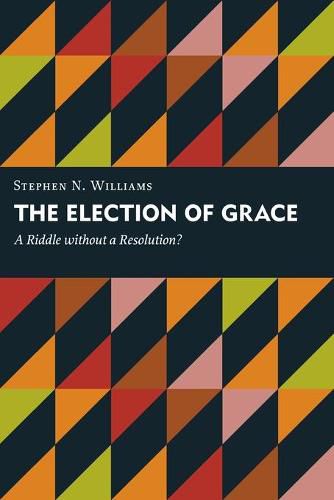Readings Newsletter
Become a Readings Member to make your shopping experience even easier.
Sign in or sign up for free!
You’re not far away from qualifying for FREE standard shipping within Australia
You’ve qualified for FREE standard shipping within Australia
The cart is loading…






Few issues in Christian theology have sparked as much debate
over the centuries as the question of election. In this book
Stephen Williams offers a coherent account of the doctrine of
election and argues that we should diminish the role of system
in Christian theology.
After discussing the biblical teaching on election, Williams turns
to questions of theological method and substance. He maintains
that the subject of predestination has to be considered in a wider
biblical context than it often is and that it is a mistake to expect
election to be understood within a comprehensive systematic
framework. What matters is the relation of particular truths to
the particulars of life, not the systematic relation of truths to
each other.
Williams draws on and applies the insights of nineteenth- century evangelical Anglican leader Charles Simeon throughout
and concludes his study with a long appendix on Karl
Barth’s view of election.
$9.00 standard shipping within Australia
FREE standard shipping within Australia for orders over $100.00
Express & International shipping calculated at checkout
Few issues in Christian theology have sparked as much debate
over the centuries as the question of election. In this book
Stephen Williams offers a coherent account of the doctrine of
election and argues that we should diminish the role of system
in Christian theology.
After discussing the biblical teaching on election, Williams turns
to questions of theological method and substance. He maintains
that the subject of predestination has to be considered in a wider
biblical context than it often is and that it is a mistake to expect
election to be understood within a comprehensive systematic
framework. What matters is the relation of particular truths to
the particulars of life, not the systematic relation of truths to
each other.
Williams draws on and applies the insights of nineteenth- century evangelical Anglican leader Charles Simeon throughout
and concludes his study with a long appendix on Karl
Barth’s view of election.